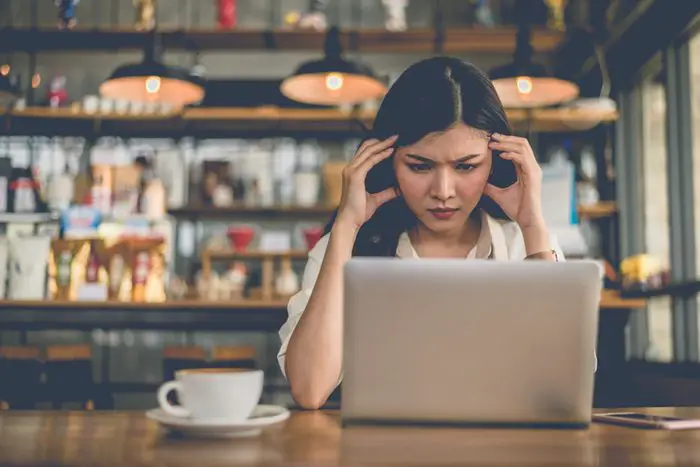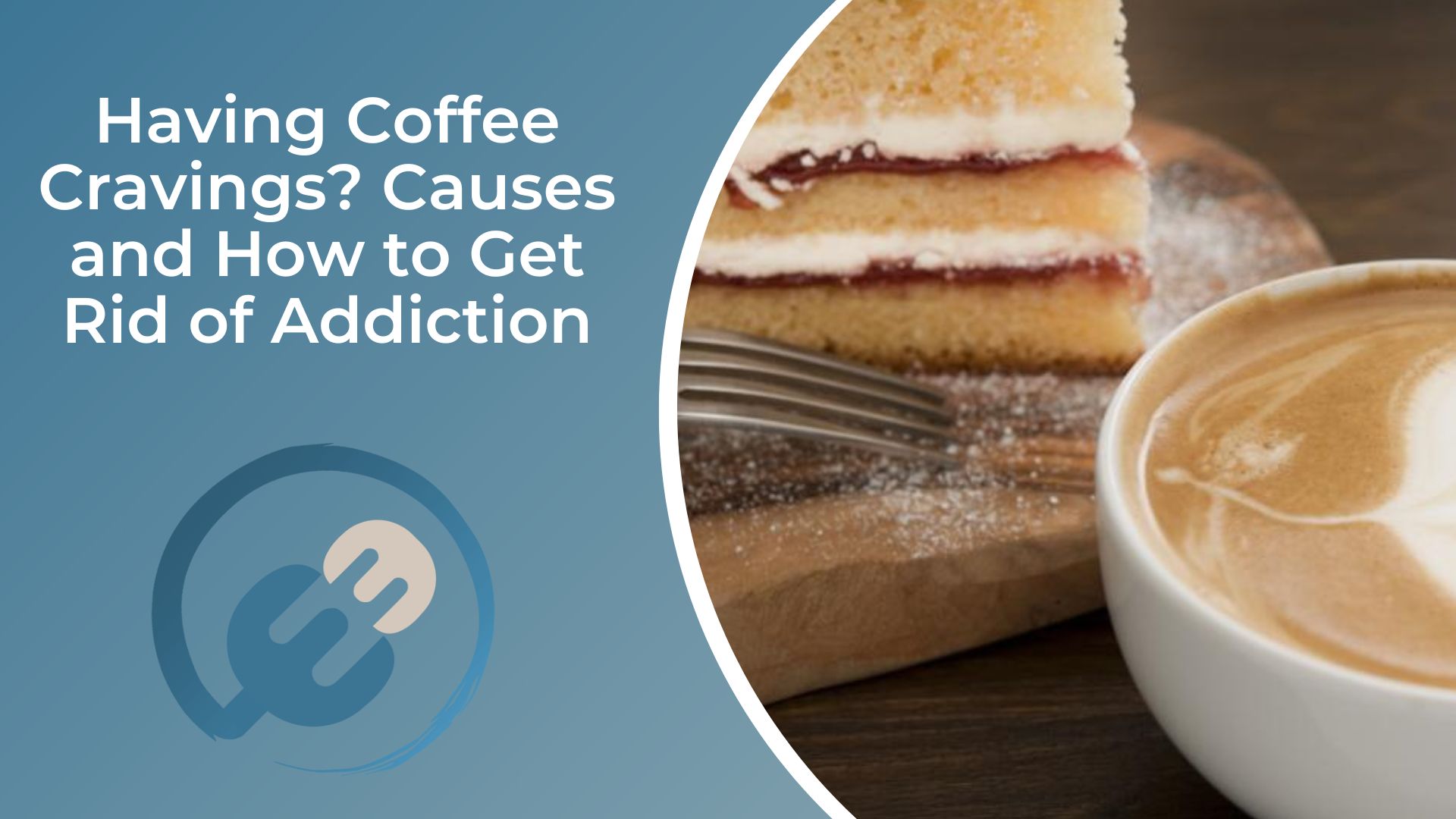Did you know that three out of every four Americans drink coffee every day? Also, half of the people consume about 3 to 5 cups of coffee daily. It is an important feature in an average American adult’s daily lifestyle.
Many people’s motivation to get up from their bed early each morning is coffee. Their first cup of coffee signals the start of their day. It awakens and revitalizes them and prepares them for the day’s challenges.
Although coffee has numerous benefits and can be healthy, it can also be addictive. Obsessive cravings is highly discouraged as it can be detrimental to one’s overall health and well-being.
Let’s learn more about coffee cravings, why people crave coffee at night, and how to get rid of coffee cravings. If you are looking for caffeine alternatives, you may want to learn about supplements for chronic fatigue.
What is Coffee Cravings?
Recent research suggests that caffeine can become addictive; this implies that someone can develop an unhealthy dependency on it. In fact, caffeine is recognized as a mildly addictive stimulant that makes people want to take more of it. Coffee addiction is a thing and it should be dealt with immediately.
Signs of Coffee Addiction
The following are some signs of coffee addiction for most people:
- A sign that you may be addicted to caffeine is when you experience headaches, tiredness, lack of concentration, and irritability whenever you try to reduce your caffeine intake.
- When you have a strong desire to consume coffee consistently is another sign of addiction.
- Inability to carry out daily tasks without coffee.
- Your body may have grown tolerant to caffeine, which can indicate addiction if you need to ingest higher doses to have the same impact.
- Caffeine addiction might be present if you start prioritizing your coffee time over other pursuits like work or socializing.
- It may be an indication of addiction if drinking coffee is producing issues in your day-to-day life, including trouble sleeping, anxiety, or digestive issues.
- Failure to discontinue consumption even after trying to.
- When you try to cut back or stop using caffeine, you experience withdrawal symptoms or need to consume more caffeine to get rid of them.
Why It Is Bad?
Getting addicted to coffee is bad for one’s health and functionality. Caffeine addiction has been linked to alterations in heart rhythm and high blood pressure. There is also the possibility that caffeine addiction can increase one’s risk of having osteoporosis.
An addiction is also a significant cause of sleep deprivation which makes it difficult for one to be productive at work. Dehydration, emotional fatigue, anxiety and depression, and lethargy can result from drinking too much coffee or other caffeinated beverages.
How Long Does It Last?
It is important to note that the effect of caffeine intake often begins within five to thirty minutes and can extend for eight to twelve hours. Also, the severity of the withdrawal symptoms will largely depend on how much caffeine you typically consume.
What Causes Coffee Cravings?

Coffee consumption increases the level of dopamine in one’s body. Dopamine is a hormone present in the body that makes one feel good because of the hormone. If you consume a lot of caffeine, your body may eventually adjust to having more dopamine than usual.
Your body communicates to your brain when you stop drinking coffee because it misses the “highness” dopamine gives you. This causes coffee cravings.
What is your body lacking when you Crave Coffee?
In coffee-craving individuals, caffeine levels, that is, epinephrine-adrenaline, norepinephrine, and even dopamine hormone produced by the adrenal glands are frequently low. Coffee boosts these hormones, and because your adrenal glands believe your body needs more of them, you become irritable and want to drink more coffee.
Amino acids, which are found in coffee, are the basis for neurotransmitters, which are the “feel good” hormones in our brains. When the brain lacks these hormones, we consume substances like alcohol, coffee, etc., to activate that feeling again. This is why people crave coffee at night, as it helps them stay more active and improves their mood.
How to Get Rid of Coffee Cravings?
Here are some simple methods to stop or reduce cravings for caffeine:
- Give it up gradually: By gradually lowering your intake, you might be able to prevent the signs of caffeine withdrawal. As a result, you will drink less coffee over time. You can reduce intake by one cup each week to simply follow it.
- Find Substitutes: You can do this by considering the benefits it brings and finding a safer and healthier alternative to caffeine. There is green tea, some other snack, or Protein Coffee, where you will get some nutrition along with the caffeine. There is also a simpler option to just drink water, which will also keep you hydrated.
- Change your coffee habit: Just changing your everyday routine could help you kick your coffee habit. You can go for a walk or talk to a partner/friend or spend time with friends instead of having coffee breaks.
- Eat a balanced diet: Eating a balanced diet with plenty of protein, healthy fats, and complex carbohydrates can help you maintain stable energy levels throughout the day, which may reduce your coffee cravings.
- Stay active: Regular exercise can help you feel more alert and energized, which may reduce your need for caffeine.
- Seek support: If you find it difficult to quit it on your own, seek support from friends, family, or a support group.
Takeaway
Now you know everything about Coffe Cravings, their signs, and how to reduce the consumption. If you notice that you are addicted to caffeine, do not panic, you are not alone in this.
Awareness of your addiction is taking you a step closer to freedom.
Another major step to take is changing your habit. You may have to adopt a variety of lifestyle adjustments, such as reducing your coffee intake to a cup or less per day.



